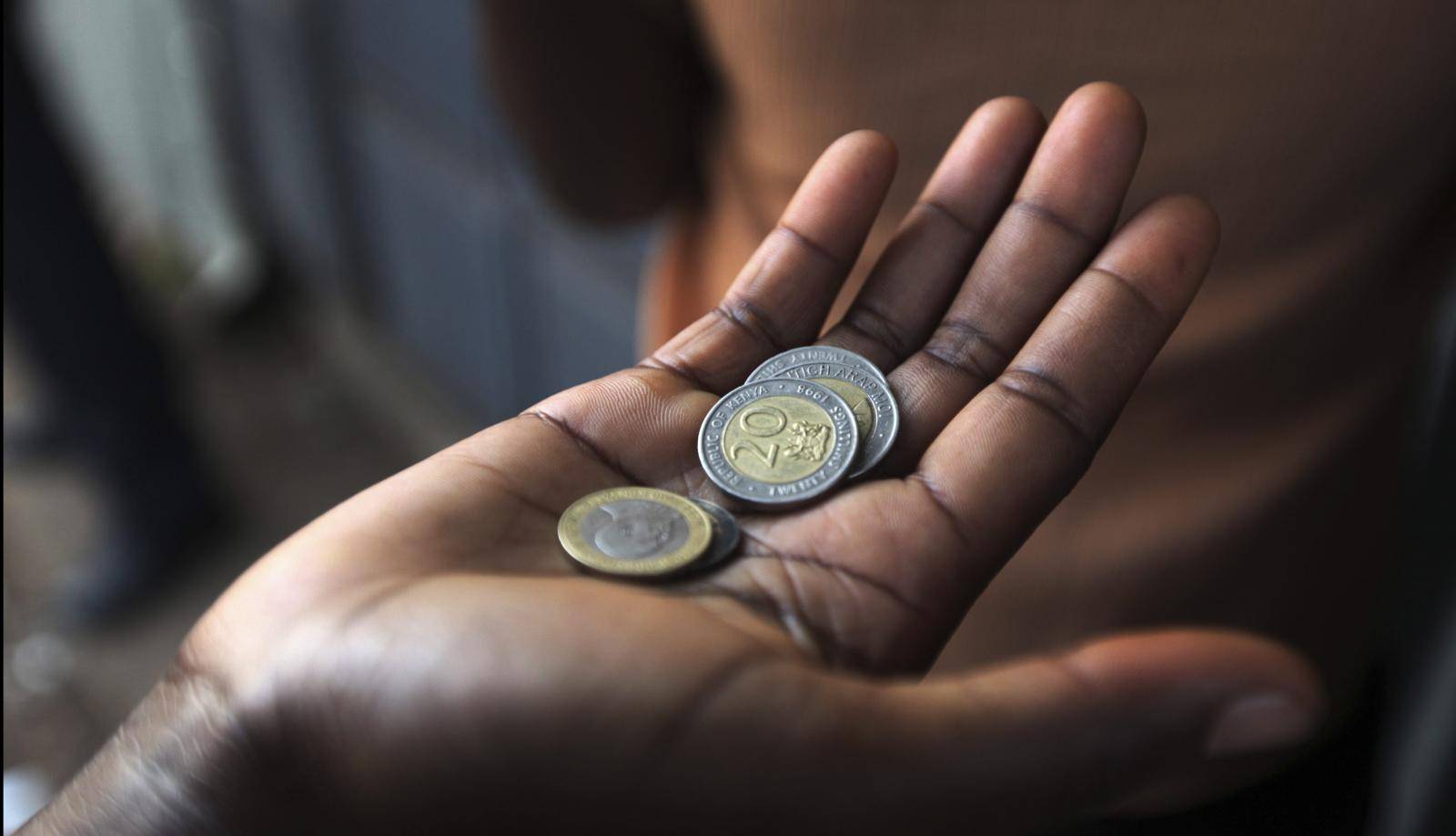There’s No Better Time Than Now For The World Bank To Forgive Africa’s Misdeeds With Debt

The main takeaway from the little clash between the World Bank and the African Development Bank (AfDB) is that Africa is borrowing more than it can repay. African debt, as WB has it, is becoming unsustainable.
Debt Concerns
Although the AfDB alongside other multilateral lenders do not agree with the WB’s position, it is agreeable that most African countries are in debt they seem unable to repay. Even so, the continent’s largest economies are struggling to keep their GDPs in good shape.
But everything could get worse now that countries in the region try to get stimulus packages to fight the now-serious global pandemic. The coronavirus has already torn a USD 29 Bn hole in African economies. The strife to keep an economy on its feet is now harder than ever.
The WB is not alone, as the International Monetary Fund (IMF) also feels that 40 percent of African countries are in a position where they can’t afford to pay back their debts.
United Nations Economic Commission for Africa (UNECA) has already projected that the continent’s annual economic growth is likely to drop from 3.2 percent in February to 1.8 percent in March.
Call For Leniency
With businesses being shut down across some of the most-hit countries in Africa, the coronavirus spread may stop. However, to keep local economies from running out of steam, African countries might have to walk on a familiar thin ice—borrowing.
Some countries, whose coronavirus cases can escalate further, might not have the sufficient amount of funds to deal with the outbreak. Which is why the Ethiopian government has pled the continent’s cause to the WB, indirectly asking the lender to forgive Africa’s debt misdeeds.
In addition, the East African country proposes that the WB release USD 150 Bn in emergency health financing and budgetary support. Ethiopia is also turning to the World Health Organization (WHO) to strengthen public healthy delivery emergency preparations in Africa.
Indeed, some of the African countries worst-hit by the novel COVID-19 currently have the continent’s highest debt pile. So there’s no better time to forgive and join hands to bungle the pandemic. The IMF is not exempted, as any financial help from anywhere, at this point, really counts.
Nevertheless, the World Bank did grant USD Africa’s largest economy USD 2.2 Bn right after the African debt kerfuffle.
| Country | Current Debt In USD | Coronavirus Cases |
|---|---|---|
| South Africa | 792 Bn | 554 |
| Sudan | 528 Bn | 17 |
| Egypt | 299 Bn | 366 |
| Morocco | 70 Bn | 134 |
| Tunisia | 18 Bn | 89 |
| Angola | 17 Bn | 36 |
| Democratic Republic of the Congo | 13 Bn | 45 |
| Ivory Coast | 11 Bn | 75 |
| Nigeria | 10 Bn | 44 |
It is easy to see why lenders can look past African debt right now, come through for the countries financially and address sustainability when everyone is not their knees.
Going Soft On Payments
But that’s just a slice of the reality. Finance ministers from different African countries have called for a USD 100 Bn stimulus package, including a suspension of debt service payments.
About USD 44 Bn of this mega intervention would come from non-servicing debt. What’s more, African countries would tap existing facilities in the WB, IMF, the AfDB and other regional institutions.
Reportedly, the ministers held a virtual conference on Thursday to discuss how to deal with the social and economic implications of the pandemic on African nations.
A statement from the meeting says: “The proposed interest payment waiver would include not only interest payments on public debt but also on sovereign bonds. It would save governments an estimated USD 44 Bn this year, and would possibly need to be extended to the medium term”.
Lenders going soft on payments for now—in the same way commercial banks are providing loan relief—is needed now more than ever.
Meanwhile, there’s the stance the possibility that African countries are paying too much for debt, as opposed to the position that they are borrowing too much.
Featured Image: Quartz Africa